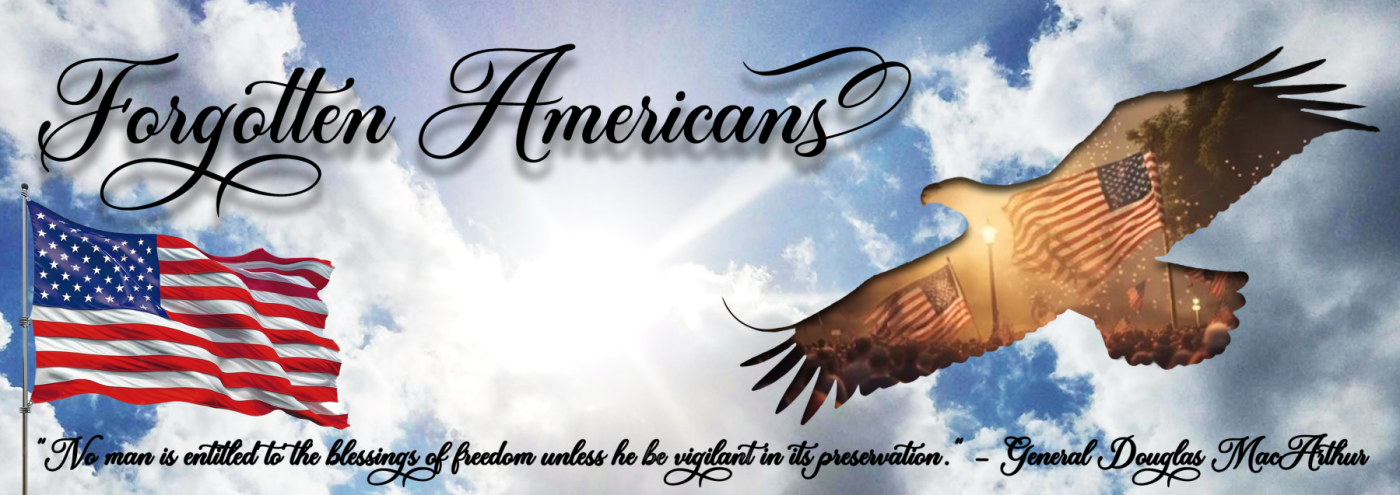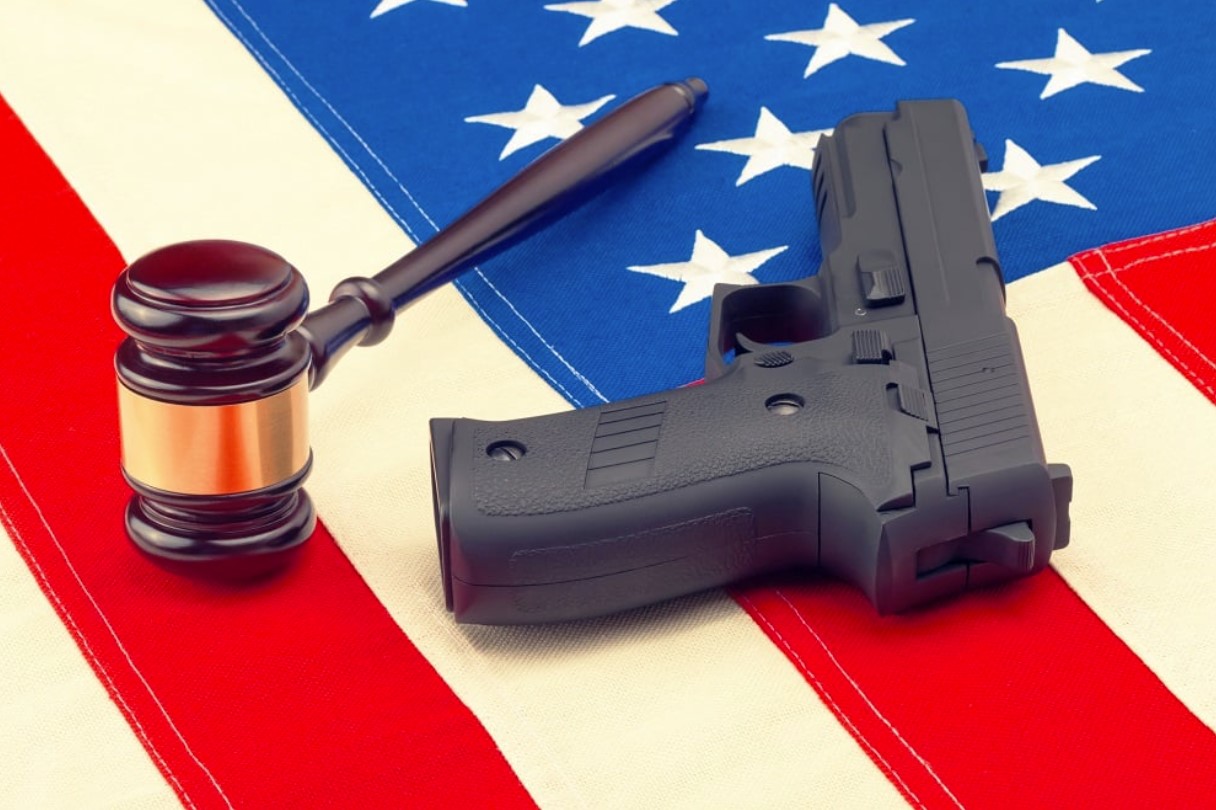In the wake of recent mass shootings and gun-related tragedies, the debate over gun control has once again taken center stage. Many advocates for stricter gun laws argue that by regulating the sale and ownership of firearms, we can reduce the number of gun-related deaths and make our society safer. However, a closer examination of the data and research reveals a more complex and troubling picture of the consequences of stricter gun laws.
One of the most significant concerns with stricter gun laws is that they can actually lead to higher crime rates. When law-abiding citizens are unable to purchase or own firearms, they may be more likely to turn to illegal sources, such as the black market or criminal organizations, to obtain weapons. This can lead to an increase in gun-related crime, as individuals who are not subject to background checks or other regulations may be more likely to engage in illegal activities.
Furthermore, stricter gun laws can also lead to a culture of lawlessness and disrespect for the law. When individuals feel that they are being unfairly targeted or restricted by gun laws, they may be more likely to engage in illegal activities or disregard the law altogether. This can lead to a breakdown in social norms and a decline in community trust, making it more difficult to maintain public safety.
In addition, stricter gun laws can also have unintended consequences for mental health and suicide prevention. When individuals are unable to access firearms, they may be more likely to turn to other means of self-harm or suicide. This can lead to a rise in suicide rates, which can have devastating consequences for individuals and families.
Finally, stricter gun laws can also have a negative impact on the economy. When gun manufacturers and dealers are forced to comply with stricter regulations, they may be forced to lay off employees or reduce production, leading to job losses and economic instability.
In conclusion, while the intention behind stricter gun laws may be to make our society safer, the evidence suggests that they can actually have the opposite effect. By regulating the sale and ownership of firearms, we may be creating a culture of lawlessness and disrespect for the law, while also disproportionately affecting certain communities and having unintended consequences for mental health and the economy. Instead of relying on stricter gun laws, we should focus on addressing the root causes of gun violence, such as mental health issues and social and economic problems, and work to create a society that is safer and more just for all.
Contributed by Lori Harris

